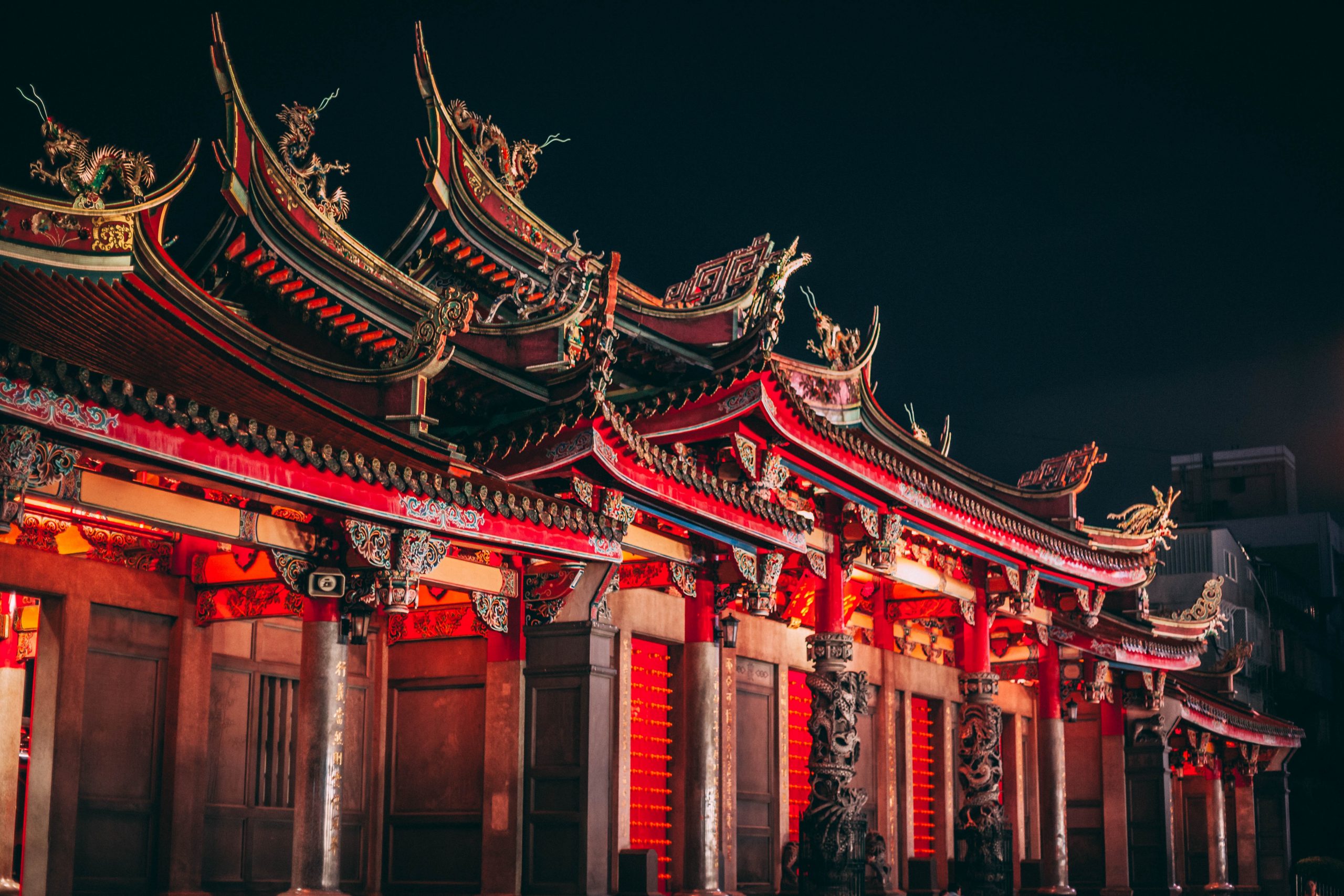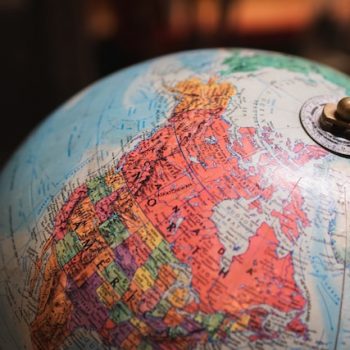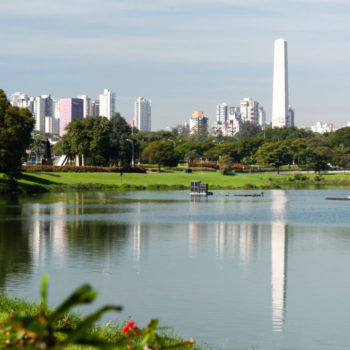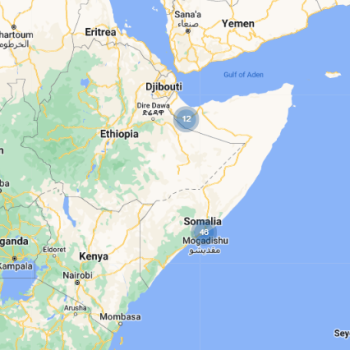The Asian startup ecosystem is by far the largest and most populated in the world, with a fast-growing economy and the highest continental GDP.
The ethos of the Asian startup ecosystem is influenced by its vast geographical area that spans more than 45 countries, and a steadily increasing middle class. This is especially evident in China and India which are set to dominate future market trends but also the overall staggering 87% of the emergent middle class by 2030 that is expected to come from Asia.
It is evident that the startup ecosystems in Asia are steadily growing and showing massive potential for future growth even if they are not currently ranking at the top.
This article will discuss the key features of the startup ecosystem in Asia, with an overview of the strongest countries and cities in the region, as well as the broad limitations and strengths of the ecosystem.
Are you interested in startup innovation and entrepreneurship? You can access more reports on global and regional economic development as well as our new Coronavirus Innovation Map that shows the best countries fighting the pandemic and facilitating new developments in the pandemic era.
Best Startup Countries in Asia
The diversity of the thriving startup scene in Asia is reflected by the heterogeneity of the countries and ecosystems present in our latest 2020 Global Rankings Report. It includes 118 startup ecosystems represented in the Top 100 from 19 different countries. The top-ranking players comprise the billion population countries of China and India, the high-income nations of Australia, Singapore, and Japan, as well as smaller economies in Southeast Asia that are booming. Here are some of the countries that are consistently ranking at the top and growing in movement and momentum.
China
China is a category of its own, with an inward-looking market that is in contrast to most other top-ranking ecosystems whose growth is attributed to their global network. With a strong focus on its consumer market, China has also become an attractive and lucrative option for foreign investors that want to base their companies in China or expand and target the Chinese domestic market specifically. The areas of deep tech, automation, robotics, and AI are most attractive to venture capitalists, even during the unprecedented times of the coronavirus outbreak. The strength of its domestic market, however, is also one of its biggest limitations, making it hard to attract international talent. Some of the fastest-growing startup ecosystems in 2020 were registered in China, with the cities of Shanghai, Shenzhen, Hangzhou, and Guangzhou showing meteoric jumps in the rankings. The economic integration of Hong Kong into the Chinese ecosystem is also set to bring changes to the startup scene with the preferential treatment and policy exemptions between Hong Kong and the US being renegotiated.
Singapore
Singapore has long been considered the powerhouse of the startup scene and innovation in Asia due to its stability and favourable business policies. Despite its small size and population, it has retained its reputation as a place to trade goods and has established and profitable international trading links. Supported by its geographical position, Singapore has invested heavily in its infrastructure creating a strong industrial and financial hub. Singapore is also rated 2nd in the world for ease of starting a business according to the World Bank, just slightly behind New Zealand, and boasts one of the most well-educated workforces in the world. The rapid growth of education in Singapore is a direct result of policy reform that values innovation and leadership, with ambitious standards, excellent teaching, and a desire for improvement and growth, especially in technological areas. In addition, Singapore has retained a multicultural and open dynamic, with a highly competitive job market and cost of living that people nevertheless seek, due to high-paying salaries and the highest quality of life in South East Asia.
Fast-Growing Startup Cities in Asia
In addition to the positive momentum of most Chinese cities, especially that of Beijing and Shanghai, and the ecosystem of Singapore, there are many top-performing regional players.
Taipei City
Tapei has registered one of the most significant jumps in the rankings of our 2020 Global Report, moving by 208 spots to claim the 42nd position. The strong public sector and government support have catapulted Taipei City into the global startup scene, and the focus on growth and new solutions has never been more apparent than during the coronavirus crisis. Taipei introduced digital social innovation software and open data projects, combating the virus from a collaborative and information sharing perspective. With the highest internet speeds in the world, in addition to an increasing demographic of internet users, the tech-savvy population of Taiwan is also a source of high quality and well-educated tech and engineering talent. This has lead to continued interest from overseas investors in the region’s potential. Taiwan Tech Arena is one of the leading tech startup hubs in the country, offering new teams, accelerator programs, mentoring, and funding support.
Manila
Manila is one of the most densely populated cities in the world, with more than 12 million citizens and the highest English proficiency in Asia after Singapore. In the last 20 years, the Philipines have slowly but steadily entered the tech startup industry, with companies springing up around the city from young entrepreneurs. The fast-rising middle class of the Philippines, and enthusiastically active younger generation of social media users, coupled with a low cost of living, offer great potential for the ecosystem. This is true both for foreign investors looking to base their companies there and tap into an affordable labor market but for local entrepreneurs as well. Having established a warm relationship with the West, Manila is a multicultural, friendly, and open startup ecosystem that welcomes foreign investors and has yet to take advantage of their domestic market, especially in the areas of fintech and agtech. The move from a freelancing and outsourcing to an entrepreneurship hub has been supported by multiple government programs including the recently signed into law, Innovation Startup Act, that will support and push growth in education and innovation across the country and remove obstacles to operation and expansion. In addition, the QBO Innovation Hub, established in collaboration with the public sector and the Department of Trade and Industry has established a strong presence in locations around the country, with startup and incubator programs and consultation services that allow entrepreneurs to navigate government regulations effectively.
Top 50 Cities in Asia
Strengths and Limitations of the Startup Ecosystem in Asia
Overall, the startup ecosystem in Asia includes mature and developed ecosystems that are globally positioned and focused on the West, with a cultural mindset that is slowly becoming more open and very strong economies.
Limitations
The biggest barrier of entry for Asian ecosystems into the top leagues are the cultural elements of the countries when it comes to entrepreneurship. Specifically, risk aversion, conformity to traditional values, and hierarchy within businesses are all stalling the rate of growth. In addition, the focus on retaining a good reputation runs contrary to what the Silicon Valley mindset has built its empire on, with a strong fake it till you make it attitude that has not been adapted there. Fear of failure is a bigger motivating factor than success and so there is a slower and more cautious approach to new ideas.
Risk Aversion
On a mindset level, the attitude of entrepreneurs in the top-performing Asian hubs, including Singapore, China, and Japan, and also older and mature professionals in general, is somewhat risk averse. This creates a problematic situation for entrepreneurs to access mentoring and be part of an open and collaborative environment that can provide the necessary feedback for new ideas to come forward. In countries like India, a new cautiousness and fear of big risks has been observed, which may stem from previously easy access to funding and a desire to copy Silicon Valley practices. In contrast to previous generations of Indian entrepreneurs relied on dynamic solutions and perseverance despite the lack of capital and support systems. The pressure from family and parents to secure a stable salary through an established company rather than pursue entrepreneurship is another defining factor in places like Japan, whose government has taken steps to counteract the risk averse culture of its older demographic.
Strengths
The Asian ecosystem is also well-positioned in terms of its strengths, which can contribute to further development in the region.
Digital Economy and Consumer Market
The Southeast region of Asia in particular is in the midst of a digital revolution as consumers are embracing a new era where everything is accessible through the touch of a button. From increases in the use of mobile phones and internet connections to ride-sharing apps and online retailers, a range of new services and products are entering the market and being adopted at record speeds. Coupled with high population numbers and a young demographic that has eagerly embraced social media, governments, and businesses can do a lot to maximize the benefits of this era. Asia also accounts for a large percentage of the developing countries with a dynamic middle-class market that could account for almost 66% of the global population by 2030.
Government Support
The apprehension of previous years to forge new pathways in innovation instead of relying on traditional family-run firms and large cooperations is slowly waning off in the region. Most governments are collectively embracing new funding and support mechanisms that will allow business-oriented individuals to operate successfully and are removing obstacles that hinder the ease of being in business. The markets of Indonesia, Malaysia, Philippines, Thailand, and Vietnam are growing in size and potential and taking advantage of their strong consumer market to launch programs that support the startup ecosystems in their regions. Developments in the infrastructure levels and a realignment towards attracting international talent rather than being freelance and outsourcing hubs are all clear signs of the region’s growth and long term potential that has yet to peak.









People reacted to this story.
Show comments Hide commentsNotice: Function map_meta_cap was called incorrectly. When checking for the edit_comment capability, you must always check it against a specific comment. Please see Debugging in WordPress for more information. (This message was added in version 6.1.0.) in /var/www/startupblink_blog/wp-includes/functions.php on line 6031
[…] A Startup ecosystem guide: asia > […]
Notice: Function map_meta_cap was called incorrectly. When checking for the edit_comment capability, you must always check it against a specific comment. Please see Debugging in WordPress for more information. (This message was added in version 6.1.0.) in /var/www/startupblink_blog/wp-includes/functions.php on line 6031
[…] Read More: Startup Ecosystem Guide Asia […]
Comments are closed.